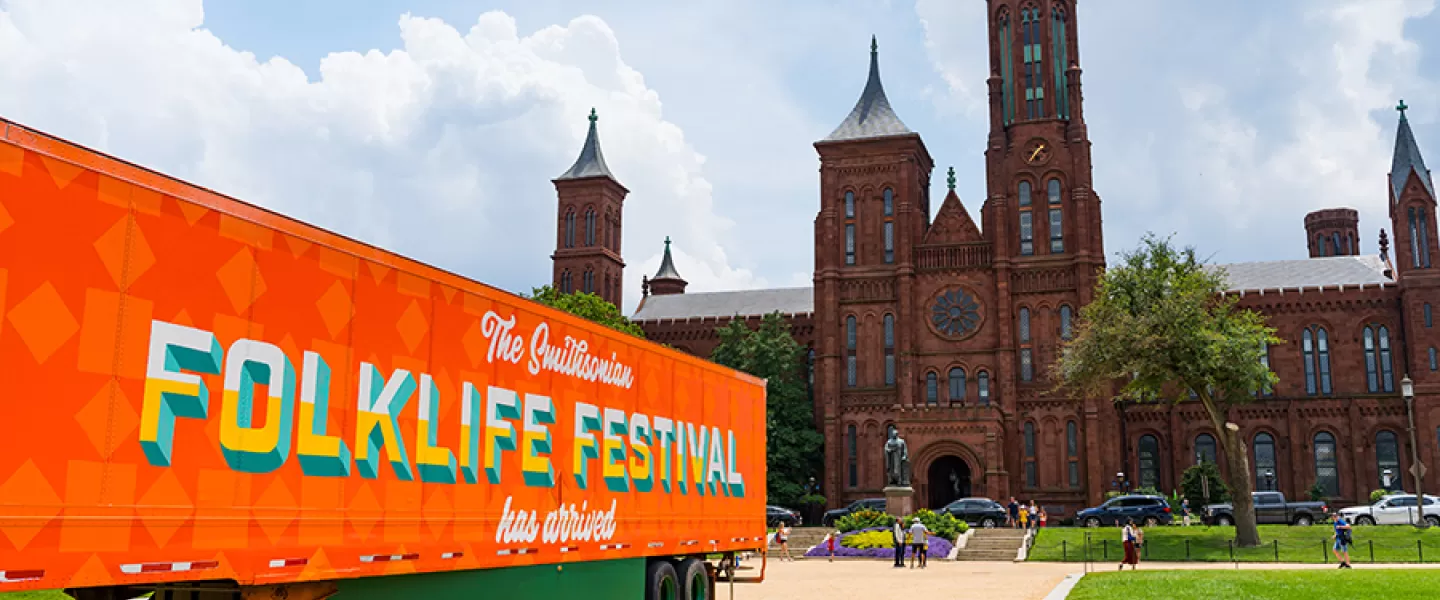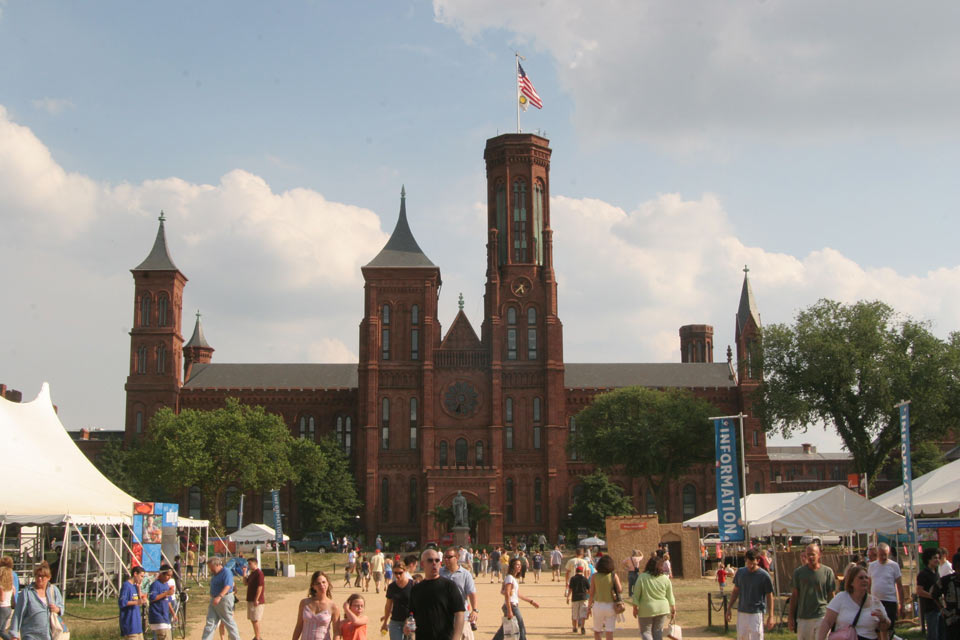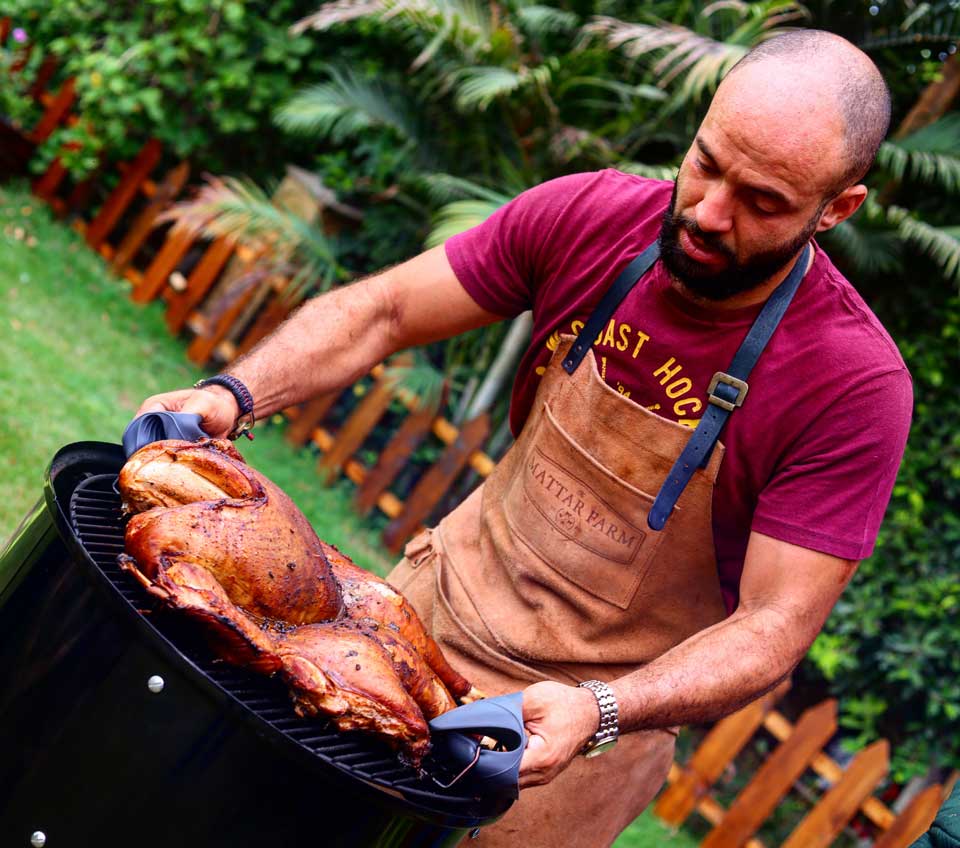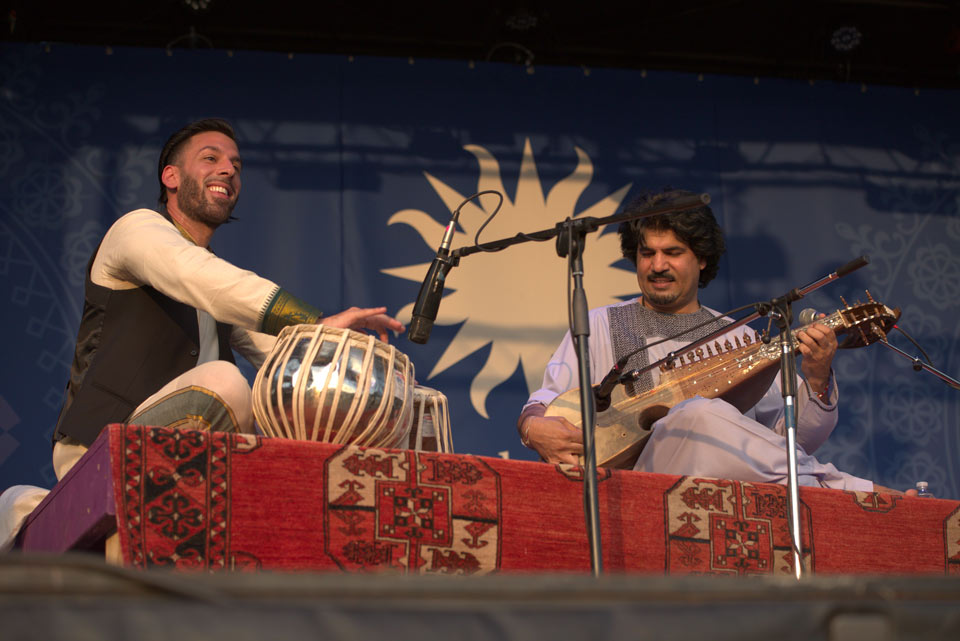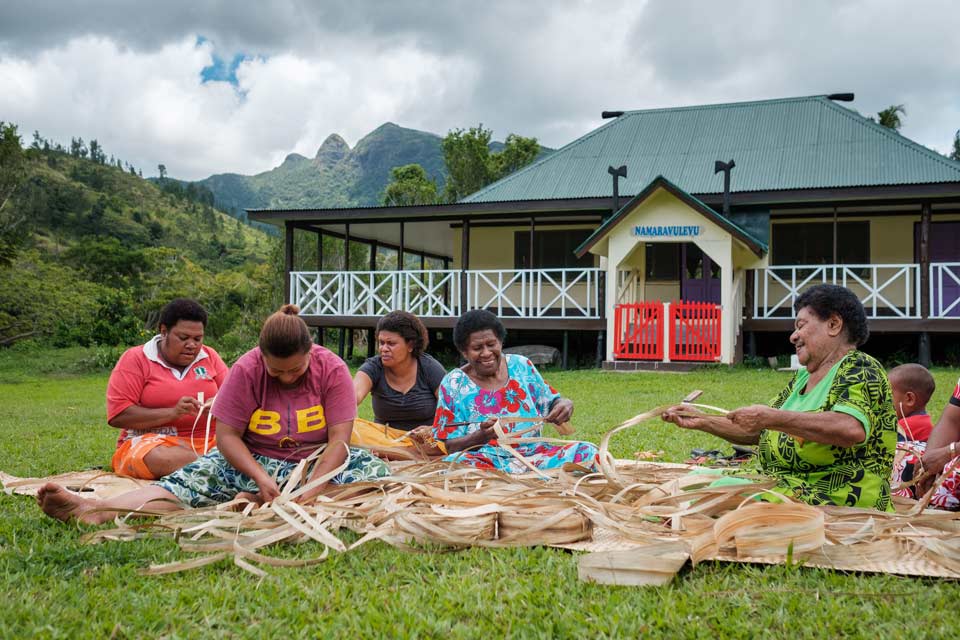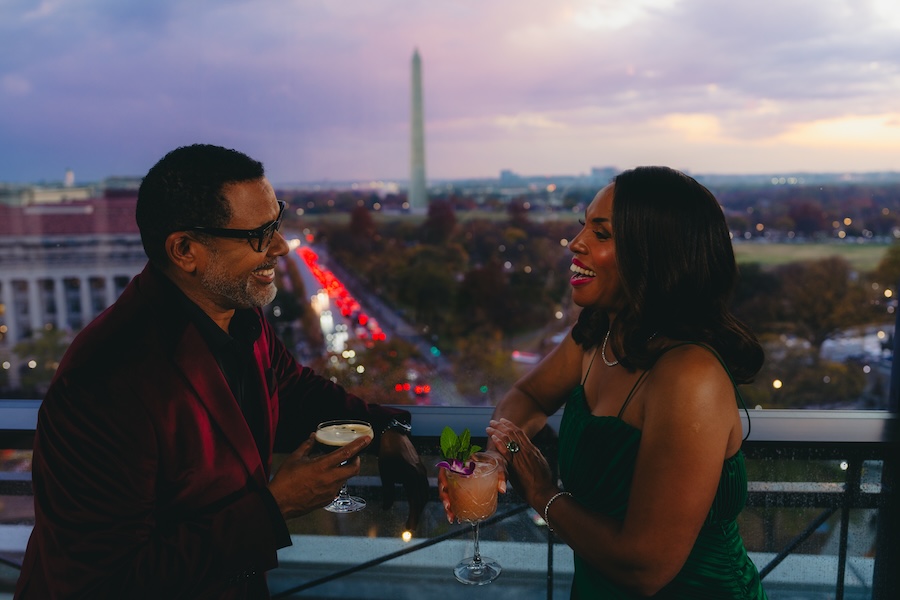The free summer festival on the National Mall is a can't-miss family-friendly event in the nation's capital.
Each summer, the National Mall plays host to the Smithsonian Folklife Festival, a massive, kid-friendly celebration of cultures across the globe. The 2025 edition takes place from July 2-7 and focuses on "Youth and the Future of Culture." Read on to learn what activities and offerings await as you plan your excursion to this only-in-DC festival.
01
Bring all your friends – the Smithsonian Folklife Festival is free!
Like the best things in life, the Smithsonian Folklife Festival is free to enjoy. The extravaganza is easy to find as well, as it’s centrally located on the National Mall. The festival’s general info page will come in handy as you plan your multicultural adventure.
02
Take your taste buds to new places
Every year, this festival comes through with delicious eats. There are always food demonstrations and showcases held throughout the proceedings. Visit the event website for more information and scheduling as the opening date draws closer.
03
Learn about the social power of music
The festival focuses on raising all types of cultural awareness, including live musical demonstrations. Festival-goers will be able to join musicians and dancers for free performances and classes, learn about different musical instruments and so much more.
04
Enjoy a schedule packed with family-friendly activities
The festival is family-centric each and every day, but look for specific programming for youngsters throughout the weeks-long event. Also note the educational benefits of the festival, which was founded with the purpose of sparking curiosity, catalyzing intercultural exchange and creating participatory experiences that nurture human connection.
05
Learn about the future of culture
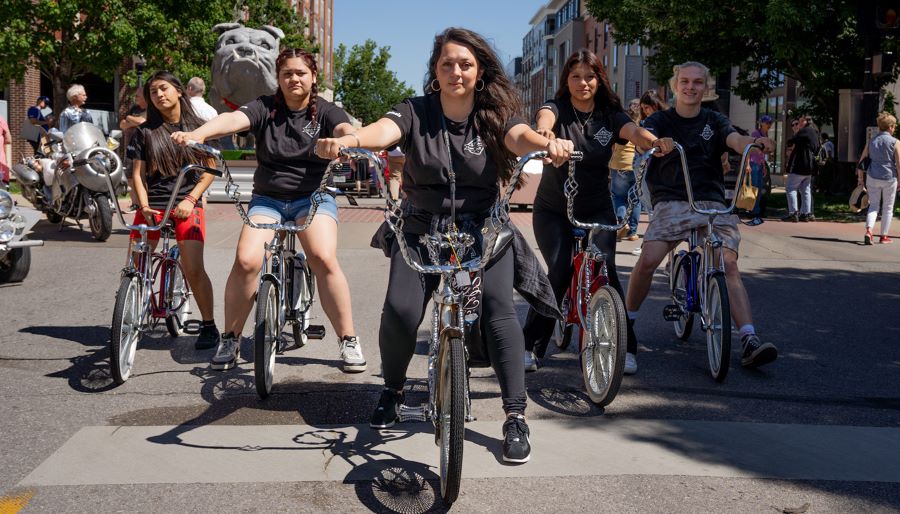
Smithsonian Folklife Festival
Programming explores creativity, vitality, resilience and intergenerational learning and exchange through the contributions and experiences of youth. Activities and learnings will underscore how young people influence and engage with culture as well as how they create, innovate and sustain cultural practices and traditions.

